Words for Work: Dream Big
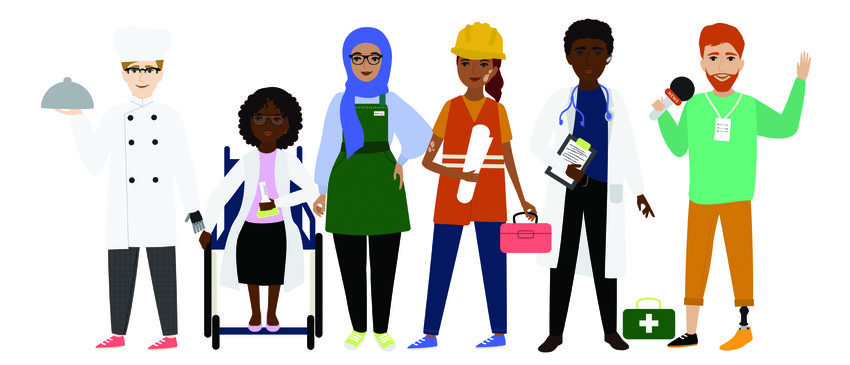
Together schools and local businesses support primary aged pupils to develop their oracy skills, raise aspirations and challenge stereotypes.
About the programme
Words for Work, Dream Big is our flagship communication and aspirations programme for primary schools. This programme supports children Key Stage 1 and Lower Key Stage 2 to develop the communications skills they need to shape and achieve their dreams. It is completely free for schools to take part.
Encounters with inspiring individuals and high-quality texts help to broaden children’s horizons and allowing children to imagine their futures in different ways.
Through engaging play, real-life positive interactions with business volunteers and literacy activities, children are emboldened to practise their language and literacy skills.
At the end of each programme, pupils get to further develop their oracy skills when they meet business volunteers either at their workplace, online or a visit to the classroom.
Schools will receive:
- A collection of literacy teaching resources, linked to the national curriculum
- A range of inspirational books to help children to imagine their futures
- A collection of story sacks with props, equipment and resources to bring books alive in the classroom and help children to imagine their futures
- A training workshop led by the National Literacy Trust
- A parent packs and certificates for children to bring home
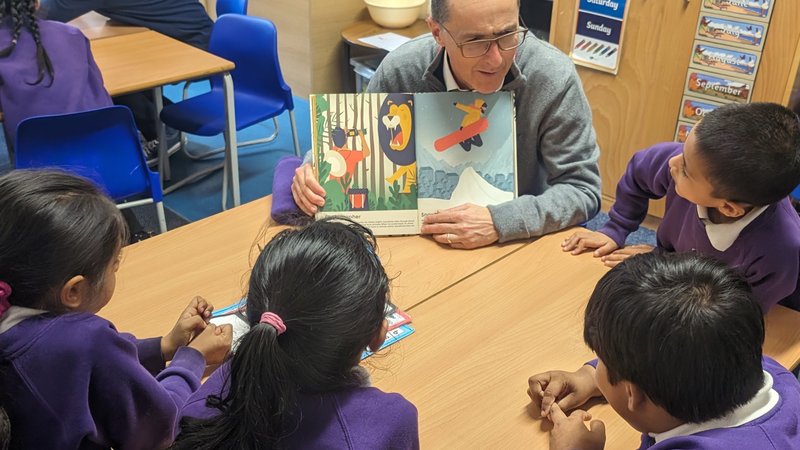
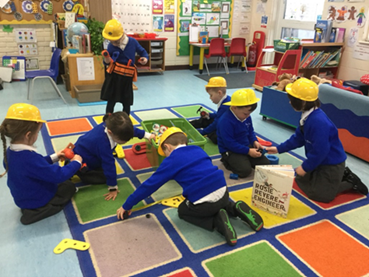
The three Word for Work: Dream Big programmes
Dream Big
For this Key Stage 1 programme, children learn about four different careers from engineers to chefs.
Communication skills and learning through play are at the heart of this early-careers programme so in addition to being sent wonderful picture books and literacy activities that focus on each of these careers, schools will also receive role-play resources and small world play equipment to create fours workplaces in the classroom.
Dream Big for STEM
For this Key Stage 1 programme, children learn all about possible STEM careers such as being an architect, an engineer, a robotics engineer and a marine biologist.
Communication skills and learning through play are at the heart of this early-careers programme so in addition to being sent fantastic picture books and literacy activities that focus on each of these careers, schools will also receive role-play resources and small world play equipment to create four STEM workplaces in the classroom.
Dream Big for Engineering
For this Lower Key Stage 2 programme, pupils aged 7-8 are introduced to the world of engineering careers by building their vital literacy skills and challenging early gender stereotypes that may influence their later education and career decisions.
The Dream Big for Engineering programme explores four different subsectors of engineering through brilliant story books and engaging role-play and design resources. Each book has planned and resourced lessons to support oracy and book talk, as well as a design challenge so children can become an engineer in the classroom.
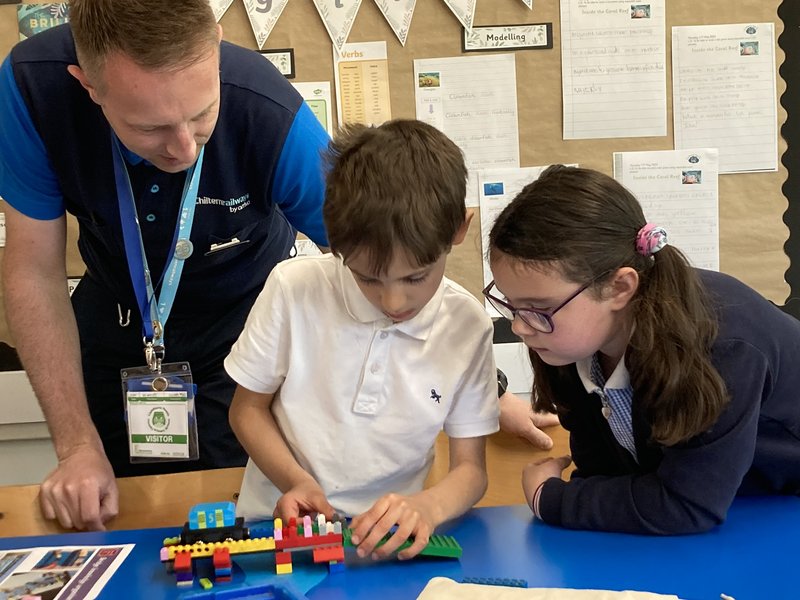
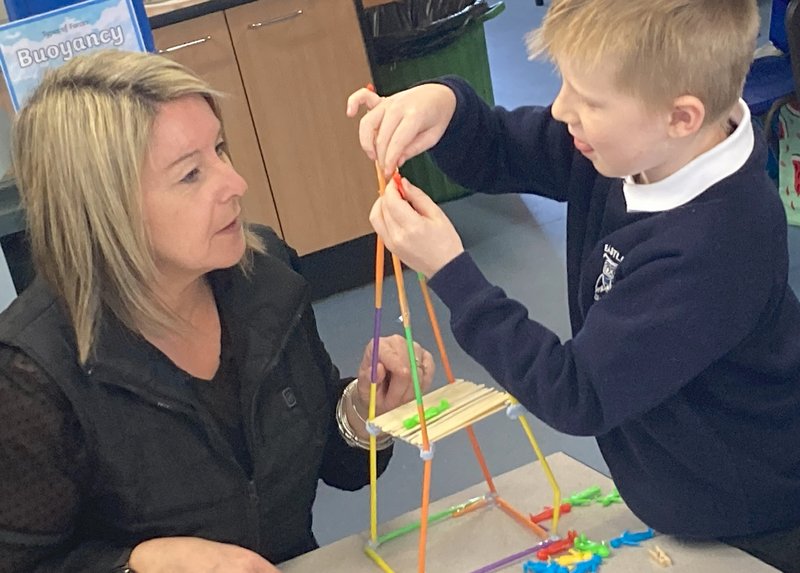
Opportunities for 2024/2025
We invite schools to apply for a space on our programmes for this academic year. This page will be updated with more opportunities as they arise.
Participation is fully funded and comes with resources including books, lesson plans, lesson resources, role-play and play equipment, all for you to keep.
If you are an organisation interested in supporting careers-related learning in primary schools we would love to hear from you.
For any queries, contact us at wfw@literacytrust.org.uk
Why do we deliver this programme in primary schools?
-
Aspiration building
97% of teachers said that introducing children to the world of work can be very influential in broadening aspirations and bringing learning to life. Read more
-
Showing real-life experiences
Providing children with a real life, authentic experience of the workplace allows them to draw better links between their current and future imagined lives. Read more
-
Addressing gender-specific ideas
Gender stereotyping exists from the age of seven. We aim to help reduce gender-specific ideas about certain jobs by introducing pupils to a variety of careers. Read more
-
Visibility
Less than 1% of children have heard about jobs through people from the world of work coming to their school. Read more
Success stories
-
Watch out, young engineers about! A class of Key Stage 1 children aged 5 to 7 got the chance to be engineers for the day thanks to our Words for Work: Dream Big programme.Learn more about Pupils become young engineers!.
-
What did you want to be when you were five years old?Children from Thomas Buxton Primary School enjoyed hearing the answers to this question when they asked their six friendly...Learn more about Imagining our futures - pupils Dream Big with Chiltern Railways.
-
A Year 1 class from Howard Primary in Croydon took part in Words for Work: Dream Big, visiting a real workplace and exploring different careers.Learn more about Exploring the world of work with Howard Primary School.


